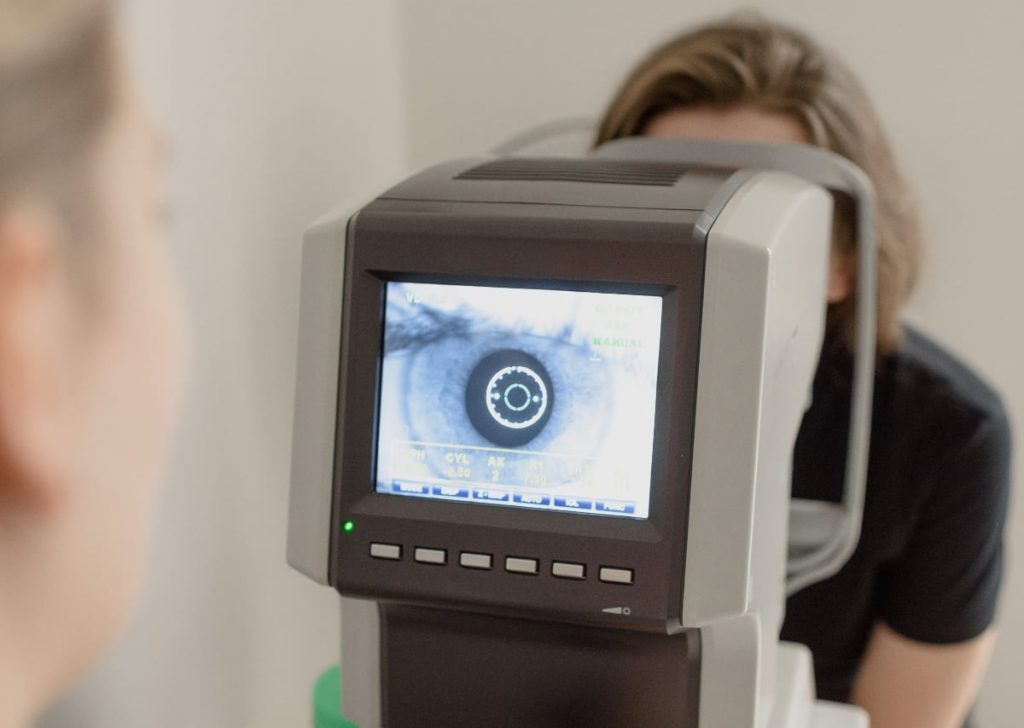
It’s estimated that there are more than 31 million VR headset users in the United States alone, and the number is expected to keep increasing at a rapid pace as the technology becomes more accessible and the use cases for it more compelling.
Unfortunately, some VR users experience motion sickness or various repetitive stress injuries (RSIs), like the gorilla arm syndrome. But what about the effect of VR headset use on eyesight? How safe is it to strap a VR headset to one’s head and look at two bright displays located just a few centimeters away through special optics?
No Evidence of Permanent Vision Deterioration
In 2020, VR developer Danny Bittman made quite a stir when they tweeted about their eyesight rapidly deteriorating due to heavy VR use.
Mainstream media picked up the tweet and used it as a yet another example of how dangerous virtual reality can be. But were their reports substantiated? Evidence suggests otherwise.
“The Association of Optometrists said it had not seen evidence that VR headsets could cause permanent eye damage,” wrote BBC News in their report on Bittman’s case.
Short-Term Problems May Occur
Currently, it’s not believed that even extended VR use can lead to permanent vision deterioration because VR users don’t focus on the screens that are just a few centimeters away from their eyes. Instead, they focus on the virtual environment, which can be as vast as the real world, allowing users to naturally move their focus around.
Still, users may experience short-term problems such as eyestrain, whose common causes include prolonged exposure to bright light and failing to blink as often as normal.
The good news is that eyestrain quickly goes away on its own—all you need to do is give your eyes some rest (eye drops can speed up the process).
